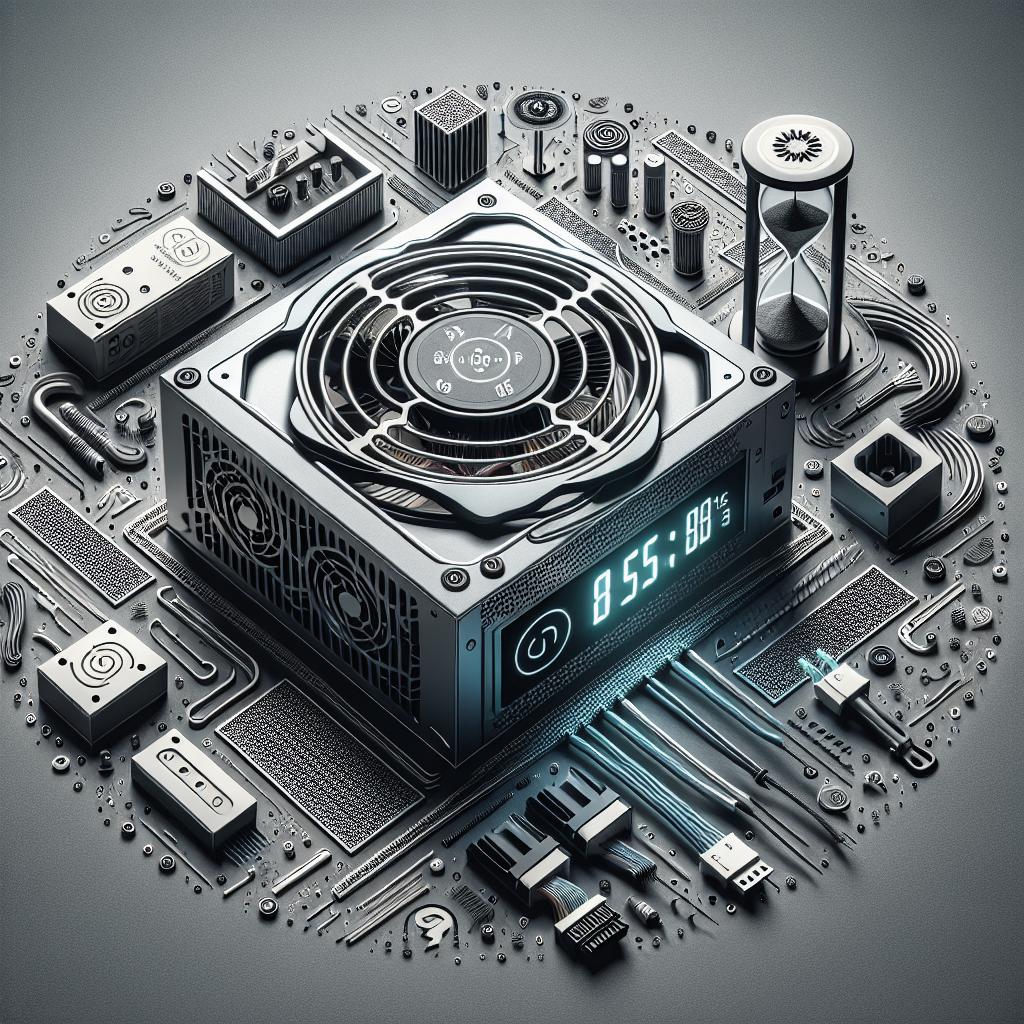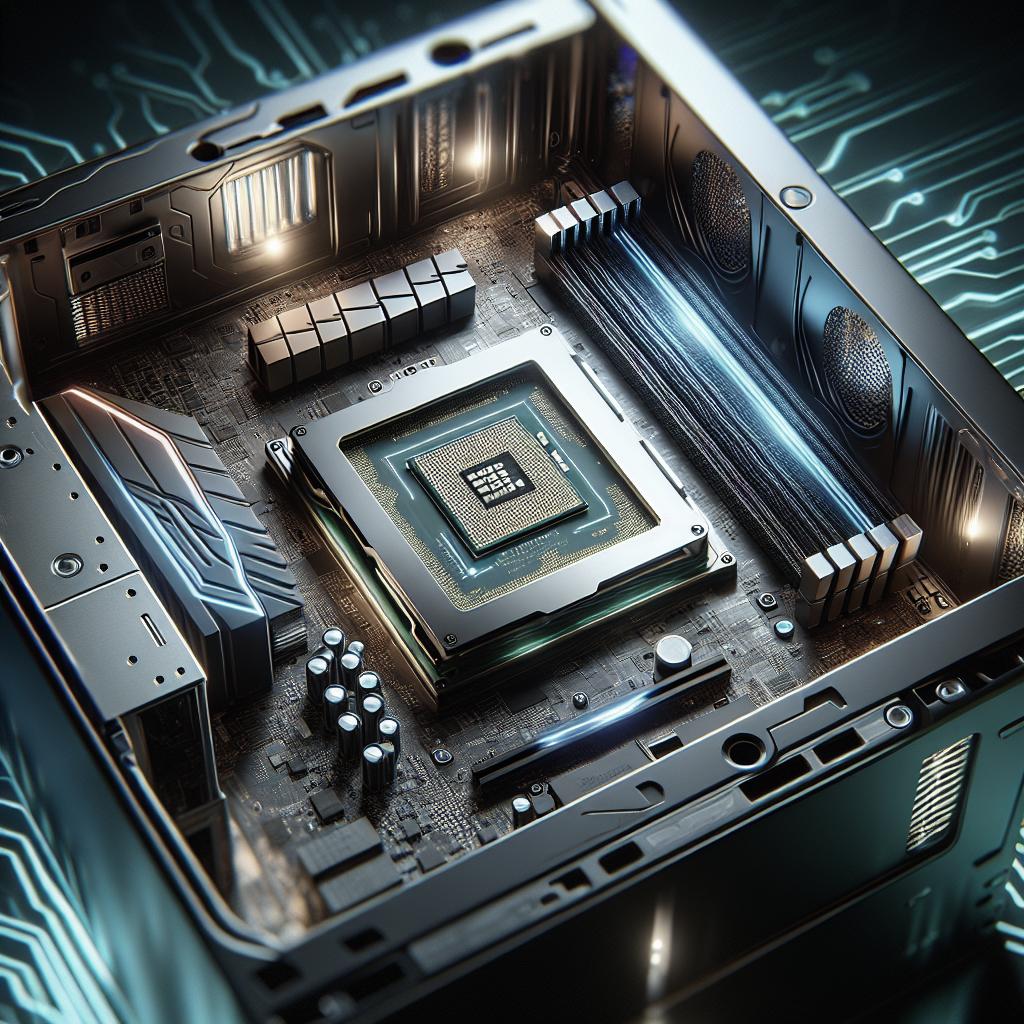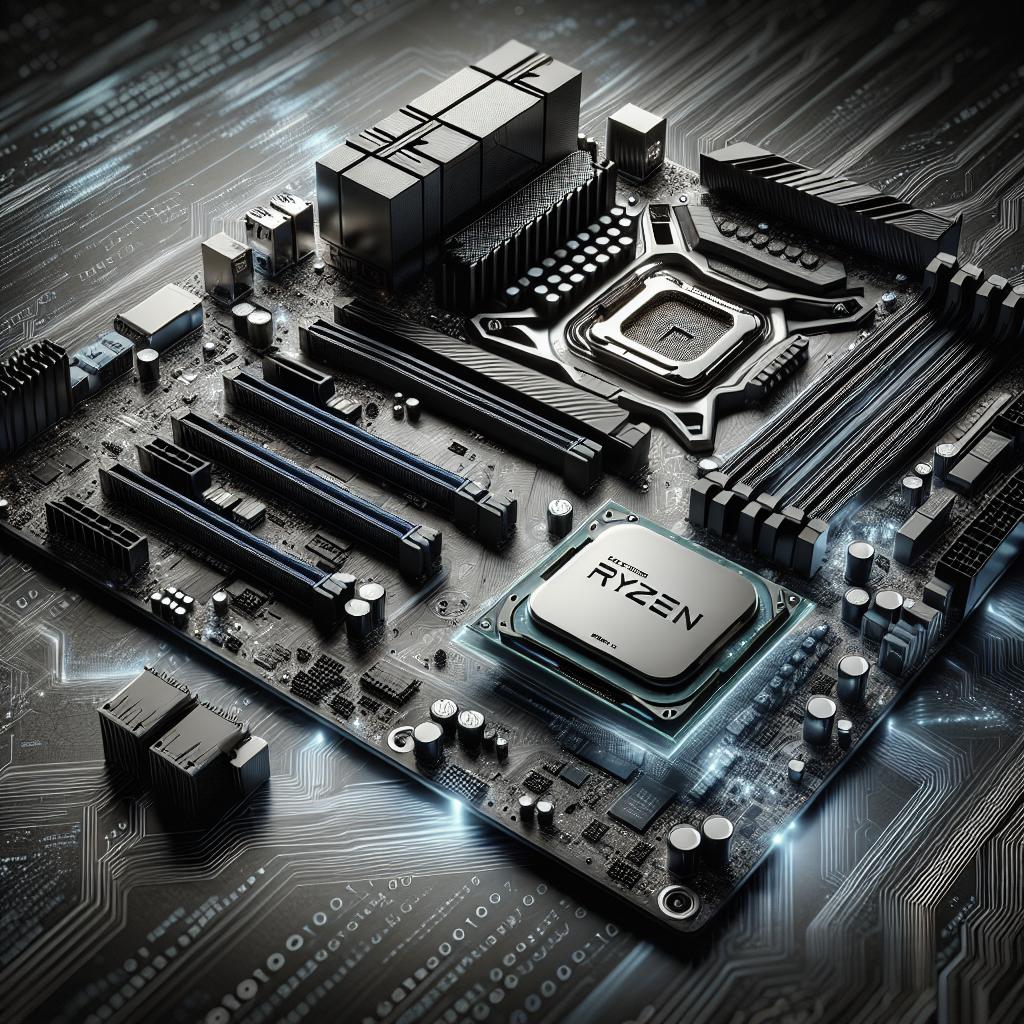“`html
Understanding PSU Lifespan: Factors, Signs, and Tips
Power supply units (PSUs) are a crucial component of any computer system, providing the necessary power to run your hardware efficiently. In this blog post, we’ll explore how long a PSU typically lasts, the factors that influence its lifespan, and how you can extend its life. We’ll also provide insights into recognizing signs of an impending failure and tips for maintaining a healthy power supply. Additionally, we’ll offer relatable articles on similar topics to keep you informed about the latest trends and technologies in the computing world.
How Long Does A Power Supply Last?
The lifespan of a power supply unit can vary greatly depending on various factors, including its build quality, usage, and environmental conditions. On average, a PSU can last anywhere from 5 to 10 years. Higher-end models designed for gaming or intensive computing tasks may have a longer lifespan due to better components and more efficient cooling systems.
However, it’s important to note that even well-made PSUs can degrade over time due to wear and tear on components like capacitors. Regular monitoring and testing can help ensure that your PSU remains in good working condition, potentially extending its life.
What Factors Affect The Lifespan Of A Power Supply?
Power Surges
Power surges are sudden spikes in voltage that can occur during thunderstorms or due to fluctuations in the power grid. These surges can cause significant stress on the PSU, potentially leading to a reduced lifespan. Surge protectors can help mitigate this risk by providing a buffer against sudden voltage changes.
Investing in a good quality surge protector is a wise decision, especially if you live in an area prone to electrical storms or unexpected power outages. This protective measure can save your PSU and other critical components from damage.
Quality
The quality of the PSU is a major determinant of its lifespan. Premium brands often use higher-quality materials and advanced designs to enhance durability and reliability. Cheaper models might save you money upfront but could fail more quickly, costing more in the long run.
When selecting a PSU, consider not just the price but also customer reviews and manufacturer reputation. A high-quality PSU might come with a longer warranty, offering peace of mind and assurance of a longer lifespan.
Continuous vs. Peak Wattage
PSUs are rated for both continuous and peak wattage. Continuous wattage is the power they can handle indefinitely, while peak wattage is the maximum they can sustain for a short period. Operating a PSU near its peak limit consistently can shorten its lifespan.
Understanding the power needs of your system and choosing a PSU that meets those requirements without frequently hitting its peak ensures a longer-lasting unit. It’s always better to have some headroom in wattage to accommodate future upgrades.
Dust
Dust buildup inside your PSU can hinder airflow and cause overheating, leading to premature wear. Regular cleaning of your computer system and ensuring your PSU has adequate ventilation can minimize this risk.
Employing dust filters and routinely checking for dust accumulation can help maintain efficient cooling, thus extending the life of your PSU.
Capacitors
Capacitors are one of the key internal components of a PSU, and over time, they can degrade, causing the power supply to fail. High-quality PSUs often use better capacitors that last longer and perform more reliably.
Testing and periodically inspecting your PSU, especially after several years of use, can help detect capacitor issues early and potentially avoid unexpected failures.
How To Tell If Power Supply Is About To Die?
Signs that a PSU is on the brink of failure include unexpected shutdowns or reboots, electrical burning smells, and unusual noises coming from your computer. These symptoms often indicate a PSU struggling to deliver consistent power.
Testing the PSU with diagnostic tools can confirm suspicions of a failing unit. Replacing a failing PSU promptly can prevent damage to other system components and ensure system stability.
How To Increase Power Supply Lifespan?
To maximize the lifespan of your PSU, maintain a clean and cool environment for your computer, ensure plenty of ventilation, and periodically clean dust from your system. Avoiding constant heavy loads can also help prolong its life.
FAQs
Do PSUs degrade over time? Yes, due to wear on components like capacitors.
Can a PSU be repaired? Generally, it’s more feasible to replace it, although professional repairs are possible.
Feedback By:
We’d love to hear about your experiences with PSUs. Share your stories and tips in the comments below. Your feedback helps us provide more valuable content!
Gear Up For Latest News
Stay updated with the latest in computing technology:
Join Our Community
Become part of our tech-enthusiast community for the latest insights and discussions.
Related Articles
Check out our additional resources below:
Is It Safe To Buy Intel CPUs Now?
Explore the current state of Intel CPUs and whether they’re a good investment.
Is AMD Losing Its Edge? A Look At Recent Trends
Analyze the market dynamics impacting AMD’s competitiveness in the CPU and GPU spaces.
Nobody Wants To Die Feels Like Watching A Netflix Crime Show
Delve into the innovations in interactive storytelling and how they influence entertainment.
3DMark Suite: A Complete Guide To All Features
Learn how to utilize 3DMark for testing the performance of your graphics card and system.
AMD EXPO [Features & How You Can Enable It]
Get to grips with AMD EXPO, its features, and how to optimize performance using it.
Gear Up For Latest News
Stay informed with our curated tech content:
Mouse CPI: Everything You Need To Know
Understand mouse CPI and its significance in enhancing your computing experience.
What Is Cybenetics Certification In Power Supplies?
Discover the impact of Cybenetics certification on power supply efficiency and reliability.
How Much Does A PC Weigh? [Gaming PC Weight]
Explore the factors that determine the weight of gaming PCs and their portability.
How Long Does Thermal Paste Last? [Answered]
Get to know the lifecycle of thermal paste and when to consider a reapplication.
GPU Idle Temperature: Precautions & Guide
Learn how to monitor and manage your GPU’s idle temperature for better performance.
Lessons Learned
| Aspect | Details |
|---|---|
| Average PSU Lifespan | 5-10 years |
| Factors Affecting Lifespan | Power surges, quality, wattage limits, dust, capacitors |
| Signs of a Failing PSU | Unexpected shutdowns, burning smells, unusual noises |
| Extending PSU Lifespan | Maintain cleanliness, avoid heavy loads, ensure ventilation |
“`


